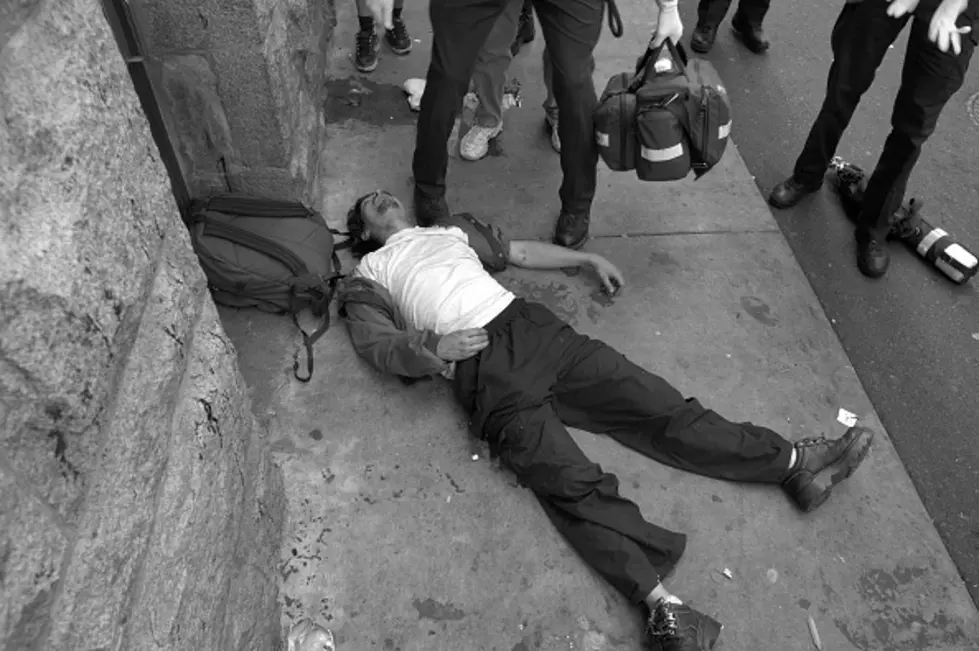
Governor Proposes Expansion of Mental Health Services For Kids
Governor Jay Inslee today proposed modest adjustments to the state’s 2013–15 operating budget, primarily to cover mandatory cost increases and meet key obligations.
Inslee says that by sticking to a minimal supplemental budget, the state will be better positioned a year from now to begin tackling the significant fiscal challenges that loom in the 2015–17 biennium.
“The good news is, our economy continues its slow, steady recovery from the worst recession in generations,” Inslee said. “Unfortunately, the economy and our revenue collections are not growing fast enough to keep pace with the costs of maintaining current services, let alone provide the billions of dollars still needed to meet our court-mandated basic education obligations. This is a hold-steady budget that keeps us whole the remainder of the biennium, but we’ll have to make some tough decisions again next year. ”
The budget also includes:
- $8 million to begin complying with a legal settlement requiring the state to significantly expand mental health services for children;
- $10 million to fund a collectively bargained rate increase for family home child care providers; and
- $11 million to cover wildfire costs, primarily last season’s.
The budget also addresses several high-priority needs such as almost $7 million to increase prison capacity, most of which will be used to open a medium-security unit at the Washington State Penitentiary.
It also funds key elements of the governor’s plan to invest in the state’s aerospace future and, ultimately, convince The Boeing Company to assemble its new 777X jetliner — and the plane’s carbon fiber wing — here in Washington.
Inslee urged the Legislature to adopt the budget in timely fashion, noting that the state must soon turn its attention to the next biennial budget. The governor last spring proposed extending expiring taxes and closing tax loopholes to help solve the 2013–15 budget shortfall and fund basic education. But instead, the budget that was passed relies heavily on one-time fixes, unspecified reductions and assumed savings.
Barring an unforeseen increase in revenue collections, the state will face a sizable shortfall when work begins on the 2015–17 budget. Besides having to patch holes left by the one-time fixes in the current budget and address a backlog of needs, the state must make another large investment — between $1 billion to $2 billion — toward meeting basic education obligations.
More From News Talk KIT









